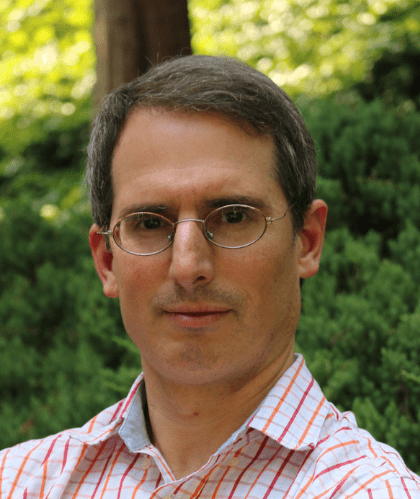
Waks, Edo
Associate Director, Quantum Technology Center
Institute for Research in Electronics & Applied Physics
Joint Quantum Institute
Quantum Technology Center
Physics
Brain and Behavior Institute
EDUCATION
- B.S. in Electrical Engineering, Johns Hopkins University, 1995
- M.S. in Electrical Engineering, Johns Hopkins University, 1996
- Ph.D. in Electrical Engineering, Stanford University, 2003
BACKGROUND
Edo Waks received his Ph.D. in Electrical Engineering from Stanford University while working with Professor Yoshihisa Yamamoto in the area of quantum optics and quantum information. After graduating, he became a postdoctoral fellow at Stanford, working with Professor Jelena Vuckovic in the Ginzton Laboratory on nanophotonic implementations of quantum information processing, before joining the ECE Department as assistant professor for the Fall 2006 semester. He received his B.S. and M.S. from the Electrical Engineering Department at the Johns Hopkins University in Baltimore, Md.
Waks is an National Science Foundation (NSF) Fellow and was a member of Tau Beta Pi, the engineering honor society, at Stanford. He won the Department of Central Intelligence Postdoctoral Fellowship Award sponsored by the Army Research and Development Activity, which funded his postdoctoral research. He received a National Science Foundation Graduate Fellowship (1996-1999), and the William Huggins Award for Outstanding Achievement in Computer and Electrical Engineering, from Johns Hopkins University (1995).
HONORS AND AWARDS
- American Physical Society (APS) Fellow
- DURIP Award for Research Instrumentation
- Presidential Early Career Award for Scientists and Engineers
- NSF Career Award
- Department of Central Intelligence Postdoctoral Fellowship Award sponsored by the Army Research and Development Activity
- National Science Foundation Graduate Fellowship (1996-1999)
- William Huggins Award for Outstanding Achievement in Computer and Electrical Engineering, from Johns Hopkins University (1995).
PROFESSIONAL MEMBERSHIPS
- APS Fellow
- NSF Fellow
- Tau Beta Pi
- Application of photonic crystals to quantum information processing
- Use of photonic crystals for practical tools in optical telecommunication and sensing